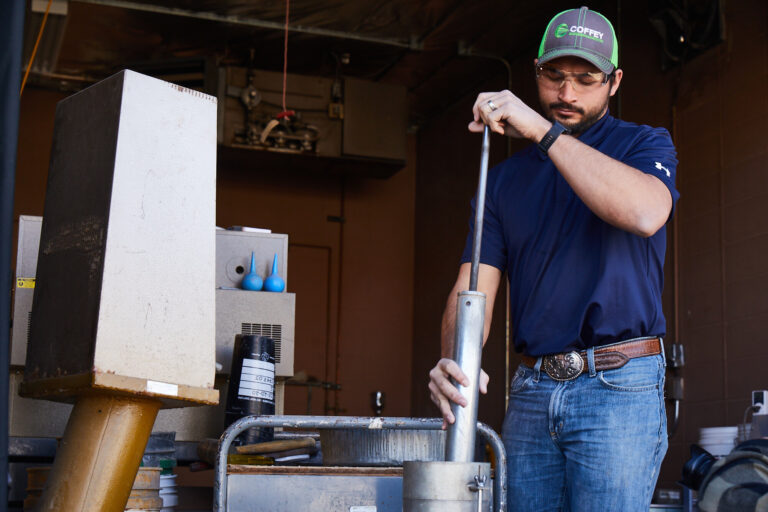In the realm of construction, ensuring the quality and durability of the final structure is of paramount importance. One key aspect that plays a vital role in achieving this is construction material testing. This essential step in the construction process involves evaluating the properties and characteristics of various materials used in the project, such as concrete, steel, asphalt, and aggregates.
By subjecting these materials to rigorous testing procedures, construction professionals can gain valuable insights into their performance, integrity, and suitability for the intended purpose. Let’s delve into why construction material testing is a crucial and non-negotiable step in the realm of quality assurance.
1. Ensuring Structural Integrity
The primary objective of construction material testing is to assess the structural integrity of the materials being used. A building’s strength and stability depend on the quality of its materials, and any compromise in this aspect can lead to catastrophic consequences.
Through a series of tests, such as compressive strength tests for concrete and tensile strength tests for steel, construction material testing helps engineers identify potential weaknesses and flaws. This allows them to make informed decisions about whether the materials meet the required standards and can withstand the anticipated loads and stresses over time.
2. Compliance with Regulatory Standards
Regulatory standards and building codes exist to ensure the safety of structures and occupants. Construction material testing is a means to demonstrate compliance with these standards. When materials are tested according to established protocols and criteria, it provides assurance that the construction project aligns with legal requirements.
Whether it’s fire resistance, load-bearing capacity, or environmental impact, proper testing verifies that the materials meet the necessary benchmarks, reducing the risk of legal and financial repercussions down the line.
3. Quality Control and Consistency
Construction projects involve a multitude of suppliers, manufacturers, and contractors. This diversity can lead to variations in the quality of materials used, potentially compromising the overall quality of the structure.
Construction material testing serves as a quality control mechanism, ensuring that the materials sourced and utilized meet consistent and predetermined standards. By identifying any deviations or inconsistencies, construction professionals can address issues before they escalate, resulting in a higher likelihood of project success and longevity.
4. Cost-Efficiency and Long-Term Savings
While construction material testing may incur upfront costs, it ultimately contributes to cost-efficiency and long-term savings. Imagine a scenario where substandard materials are used, leading to premature deterioration or failure of the structure.
The resulting repairs, replacements, and legal implications can far exceed the initial investment in material testing. By catching potential problems early on, material testing helps prevent costly rework and repairs, thereby safeguarding both the project’s budget and its overall timeline.
5. Innovative Material Development
Construction material testing isn’t solely about ensuring the adequacy of existing materials; it also plays a crucial role in the development of new and innovative materials. As the construction industry evolves, engineers and researchers are constantly seeking ways to enhance the performance and sustainability of construction materials.
Through rigorous testing and experimentation, new materials can be refined and optimized for specific applications. This contributes not only to improved construction practices but also to the advancement of the industry as a whole.
Conclusion
Construction material testing is an indispensable step in the quality assurance process for any construction project. By assessing structural integrity, ensuring regulatory compliance, maintaining quality control, promoting cost-efficiency, and fostering material innovation, material testing safeguards both the safety of occupants and the long-term viability of structures. In a field where the stakes are high, the implementation of thorough construction material testing stands as a fundamental pillar of responsible construction practices.

